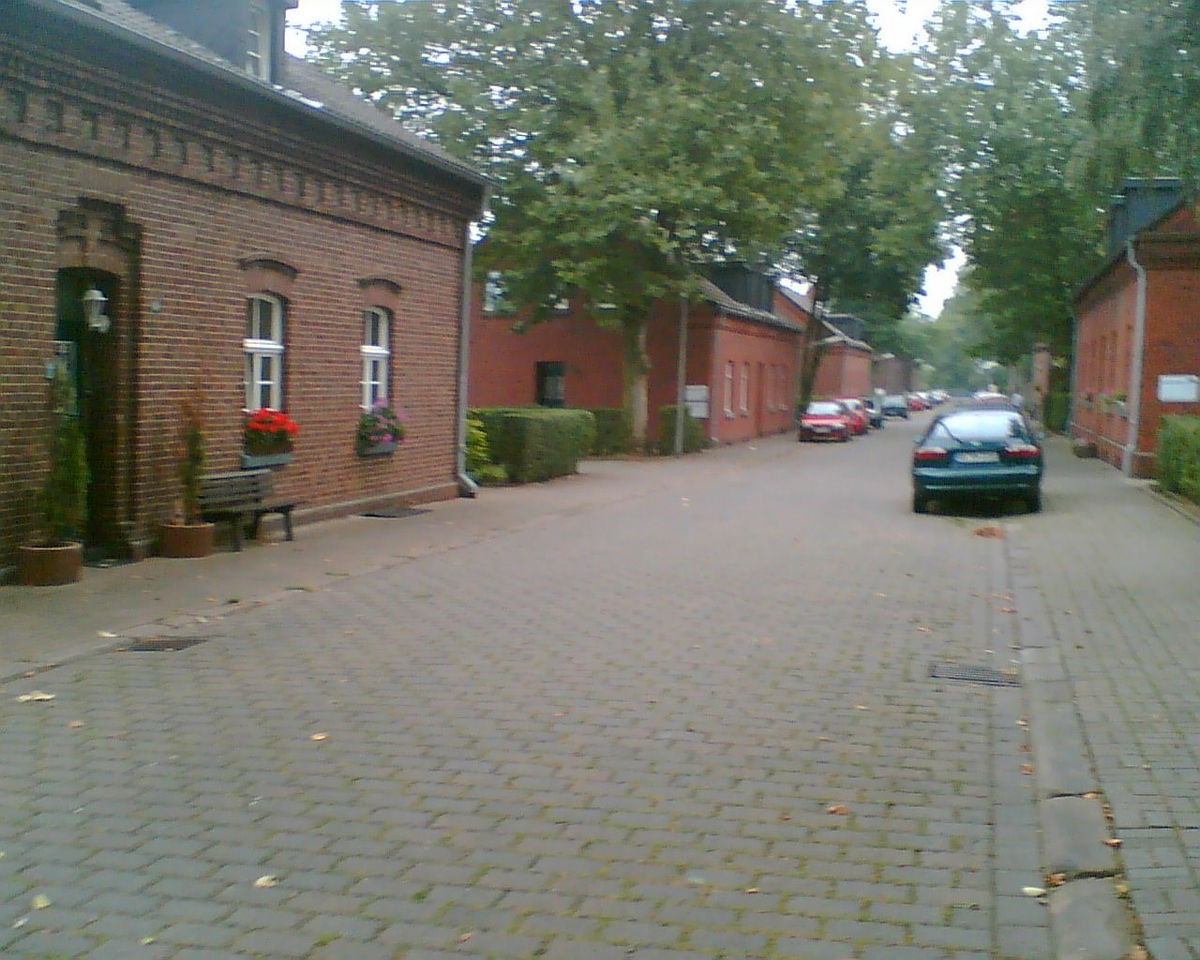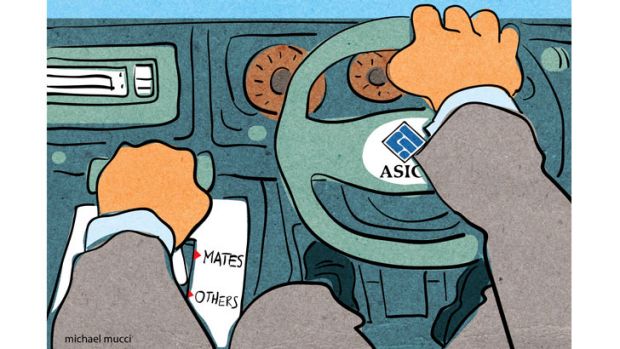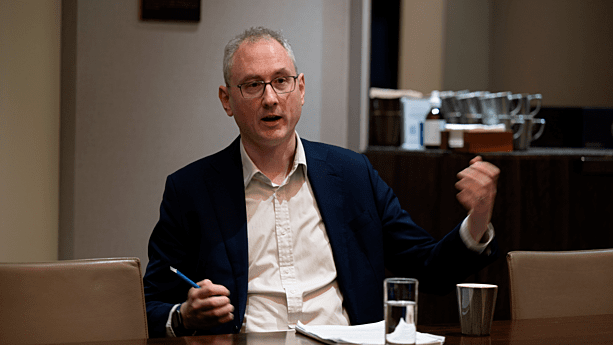Engimal v3
**** m**nl*nd*rs
At what point are the RBA going to look at company profits as a source of inflation? Something has gone badly wrong in a society where going to the dentist and getting a haircut is now discretionary spending.
In 4 years we've gone from Labor proposing subsidised dental care to the head of the RBA shaming Australians for going to the dentist







